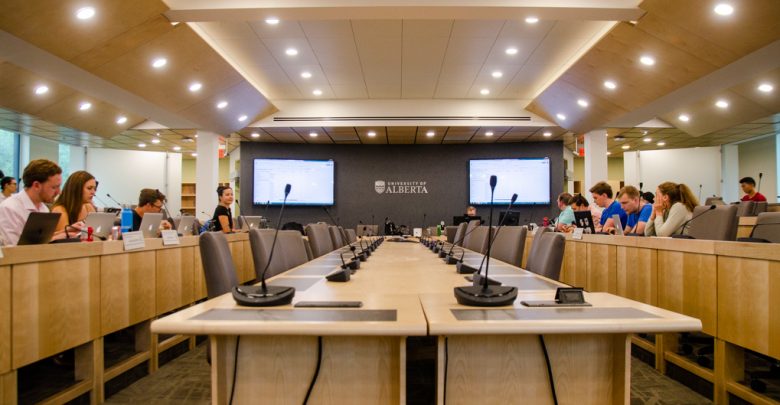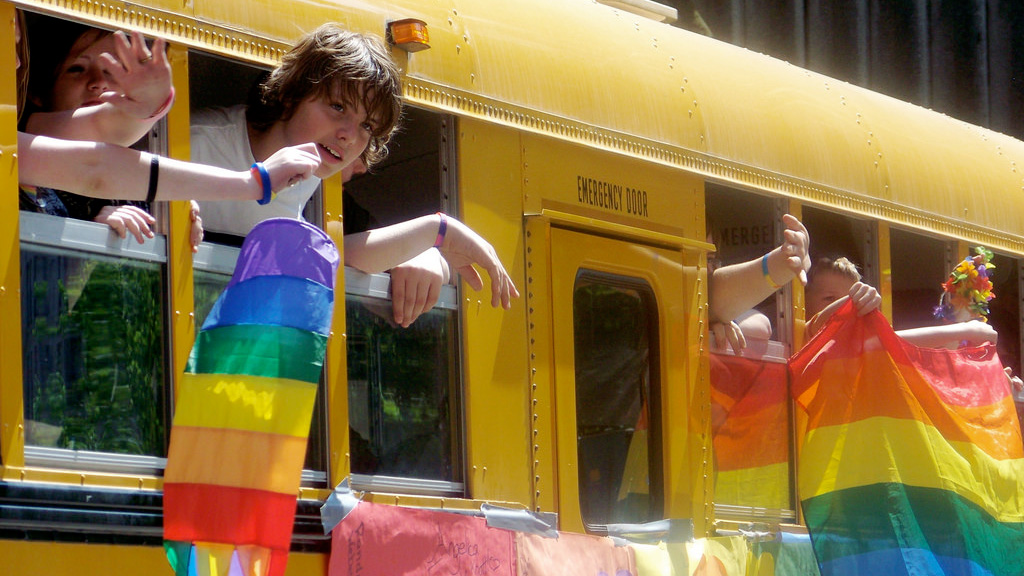 Richard Bagan
Richard BaganBill 3 is a step in the right direction for Aboriginal representation in campus politics.
After outcry from Aboriginal students, the Student’s Union has replaced Bill 5 — which divided committees into “legislative” and “oversight” committees — with Bill 3, which unifies all committees as “standing committees.” Passed unanimously on August 21, Bill 3 evidences that student government is finally beginning to take the concerns of Aboriginal students seriously.
Bill 5 sparked controversy because it placed the then newly-formed Aboriginal Relations and Reconciliation Committee (ARRC) into the “oversight committee” category. Legislative committees were open only to elected individuals; oversight committees were open to unelected individuals. When Bill 5 first passed on January 8, Aboriginal students walked out of the meeting, concerned that the division of committees ostracized Aboriginal voices in student governance.
Noting that legislative and oversight committees had equal power to put forth recommendations to council, some may believe that this was merely an issue of language which did not merit such uproar. However, oversight committees under Bill 5 were constructed to be more easily disassembled, putting already underrepresented Aboriginal voices more at risk than committees in the legislative category.
In fact, one of the main criticisms of Bill 5 — according to members of the Aboriginal Student’s Council (ASC), who started a petition against the bill shortly after it passed — was the lack of consultation with Aboriginal students and student groups. While the ARRC and ASC proposed changes to Bill 5, and Aboriginal students gave feedback at meetings and via email, those concerns weren’t listened to.
Hopefully, Bill 3 is a step in the right direction for reconciliation on campus. As Native Studies councilor Nathan Sunday noted, dialogue with student council this year was characterized more by openness and less by hostility. Science councilor Katherine Belcourt noted that the presence of more Aboriginal councilors like herself has increased Aboriginal representation in student governance. This suggests a positive trend, but it would be misplaced confidence to assume that this victory is final.
Instead, the SU must work together with Aboriginal councilors and groups like ASC and the ARRC to commit to reconciliation, rather than place too much stock in the resolution of the Bill 5 issue.
According to Sunday and Belcourt, the ARRC is turning their attention to the development of a 60-point recommendation document for the SU, focused on tangible reconciliation goals. Student Council’s response to such a document will be key in gauging how indicative the Bill 3 victory truly is of student government’s commitment to reconciliation.
Council must remember that listening to and working with Aboriginal representatives and students is the first and most important part of that commitment. While Bill 3 suggests progress, it’s important to remember that there’s still a long way to go. Especially as Aboriginal representation in the SU is still limited, working with ARRC and ASC is imperative for continuing such progress towards reconciliation.




